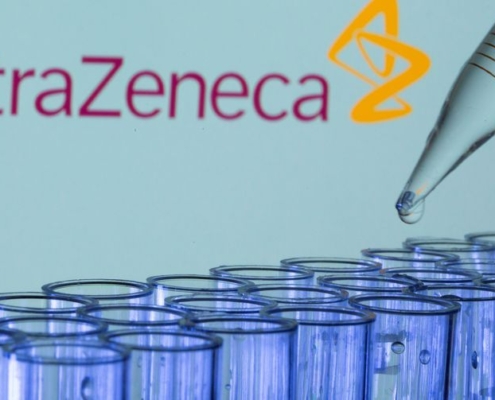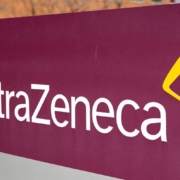AstraZeneca’s Tagrisso slashes death risk in certain post-surgery lung cancer patients
AstraZeneca’s Tagrisso slashes death risk in certain post-surgery lung cancer patients
The latest data, presented at the American Society of Clinical Oncology (ASCO) meeting, establishes Tagrisso as the backbone treatment for EGFR-mutated lung cancer, said Susan Galbraith, executive VP of oncology R&D at AstraZeneca in a statement.
In a 682-patient trial called ADAURA, Tagrisso was evaluated against a placebo in earlier-stage EGFR-mutated NSCLC patients who had undergone surgery to remove their primary tumour.
The majority of such patients eventually see their cancer return despite surgery and add-on chemotherapy.
In the trial, Tagrisso or a placebo was given to patients to assess whether the AstraZeneca therapy could keep their cancer at bay.
Data showed Tagrisso slashed the risk of death by 51% compared to placebo.
“This is a pretty dramatic and remarkable improvement,” said Dave Fredrickson, executive vice president of oncology at AstraZeneca in an interview with Reuters.
An estimated 88% of patients treated with Tagrisso were alive at five years compared to 78% on placebo, trial data also showed.
Outside of chemotherapy, there are no drugs apart from Tagrisso that have shown to help patients with EGFR-mutated lung cancer live longer, Fredrickson highlighted, adding that there are probably a third of eligible patients who are not yet being prescribed Tagrisso.
“We would hope that we would be able to use these data to be able to close that gap,” he said.
AstraZeneca is also expecting to provide details on the impact of combining Tagrisso with chemotherapy in patients with advanced EGFR-mutated lung cancer later this year.
Our Standards: The Thomson Reuters Trust Principles.
Source: Reuters










